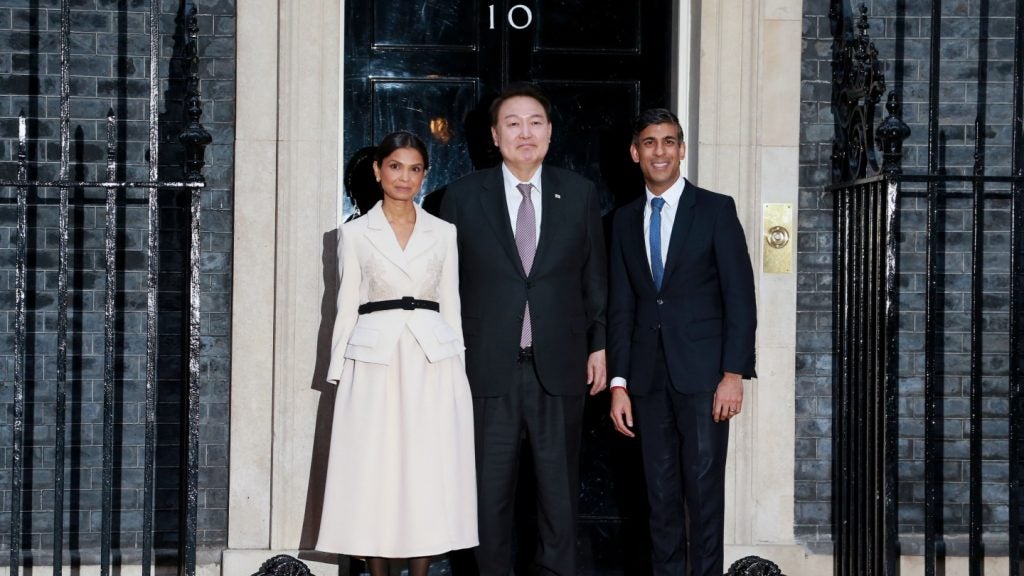
The UK’s Work and Pension Committee has published the responses of the big four accountancy firms to their queries on each of the firms’ involvement with Carillion over the last 10 years.
The committee said the responses revealed that the big four — EY, KPMG, Deloitte, and PwC — have billed the company, pension schemes and the UK government £71m ($99.6m) since 2008 relating to Carillion.
Combined, the big four billed Carillion £51.2m, pension schemes £6.1m and the government £14.3m.
The Work and Pensions Committee chair MP Frank Field said:
“”The image of these companies feasting on what was soon to become a carcass will not be lost on decent citizens. We saw at the end of our evidence session that the former directors of Carillion are, unlike their pensioners, suppliers and employees, alright. These figures show that, as ever, the Big Four are alright too. All of them did extensive – and expensive – work for Carillion.
PwC UK was the only firm of the big four who managed to bill all three sides: the company, the pension schemes and the government.
How well do you really know your competitors?
Access the most comprehensive Company Profiles on the market, powered by GlobalData. Save hours of research. Gain competitive edge.

Thank you!
Your download email will arrive shortly
Not ready to buy yet? Download a free sample
We are confident about the unique quality of our Company Profiles. However, we want you to make the most beneficial decision for your business, so we offer a free sample that you can download by submitting the below form
By GlobalDataAnd as a result was the big four firm with the highest overall bill, up to £ 21.1m.
Following the downfall of Carillion, PwC UK was appointed as the company’s special manager to oversee its liquidation, a fact that was heavily criticised by Field.
PwC managed to play all three sides – the company, pension schemes and the Government – to the tune of £21 million and are now being paid to preside over the carcass of the company as Special Managers. It was perhaps telling that, with their three fellow oligarchs conflicted, PwC were appointed to this lucrative position without any competition.
The committee pointed at the fact that Carillion’s last three CFO were ex-big four staff.
Richard Adams who was CFO from 2007 to 2016 previously worked at KPMG. Similarly former KPMG staff Emma Mercer took over Adams in 2017 before she was replaced by ex-EY staff Zafar Khan the same year.
Carillion collapse also reignited the old question of “where was the auditor”, as KPMG’s role in not spotting the warning signs came under scrutiny as it audited the company year on year since its inception in 1999.
“KPMG has serious questions to answer about the collapse of Carillion,” The UK Business, Energy and Industrial Strategy Committee chair MP Rachel Reeves said.
Either KPMG failed to spot the warning signs, or its judgement was clouded by its cosy relationship with the company and the multi-million pound fees it received.
KPMG appeared before parliament for questioning on 22 February 2018.
They were asked questions particularly in regard to their last audit of the 2016 accounts, when the company was signed off as a “going-concern” only to announce a £845m contract write down and profit warning months later, before crashing into liquidation on 15 January 2018.
KPMG responded that they do not accept any blame and that they conducted their work appropriately and responsibly.
The big four’s letters to the committee can be found here.
While some argued that Carillion is one more example of the correlation between market concentration and audit failure, Prem Sikka, professor of accounting and finance at the University of Sheffield and emeritus professor of accounting at the University of Essex, argued that Carillion is the latest in a long series of audit failures which come down to systemic and organisational problems combined with an ineffective regulator.
This post originally appeared on International Accounting Bulletin. You can read the original here







